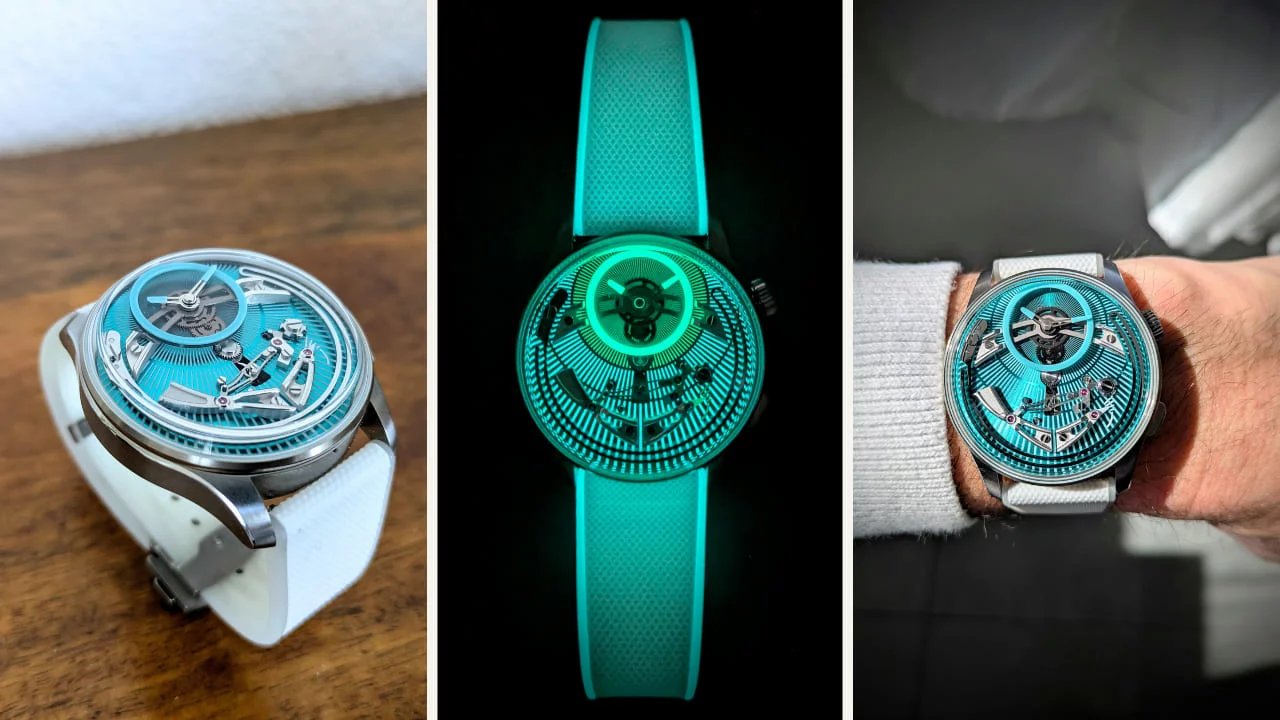Key Takeaways
Watches have jewels for two main reasons: to reduce friction and enhance the longevity of watch components. These jewels, typically made from synthetic sapphire or ruby, serve as bearings for the gears, reducing wear and tear. The use of jewels in watches is a practice that dates back centuries, contributing to both the aesthetic and functional value of timepieces.
The Role of Jewels in Watches
Watches, especially mechanical ones, have numerous moving parts that interact with each other. Without some form of protection, these parts would wear out quickly due to friction, which would significantly reduce the lifespan of the watch. This is where jewels come in.
Friction Reduction
Jewels in watches act as bearings for the gear train, pivot points, and other parts of the watch mechanism. By reducing friction, they help the watch parts move more efficiently, thereby extending the life of the watch. The less friction there is, the less wear there is on the components, and the longer they will last.
Enhanced Durability
Synthetic ruby or sapphire, the materials most commonly used for these jewels, are extremely hard and can withstand constant movement without wearing out. This makes them perfect for use in watches, where precision and durability are paramount.
The History of Jewels in Watches
The use of jewels in watches dates back to the early 18th century. At that time, natural gems such as ruby and sapphire were used. However, with the advent of modern technology, synthetic jewels, which are more durable and cost-effective, have become the norm in watchmaking.
Understanding Jewel Count in Watches
The number of jewels in a watch doesn’t necessarily indicate its quality, but it does give some indication of the complexity of the watch’s movements. A higher jewel count generally means a more complex movement, which in turn may result in more accurate timekeeping.
FAQs
Why do watches have jewels?
Watches have jewels to serve as bearings for the various gears, reducing friction and enhancing the lifespan of the watch components.
What are these jewels made from?
The jewels in watches are typically made from synthetic sapphire or ruby.
Does a higher jewel count mean a better watch?
Not necessarily. A higher jewel count generally means a more complex movement, but it doesn’t automatically make the watch superior in quality.






